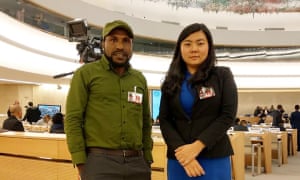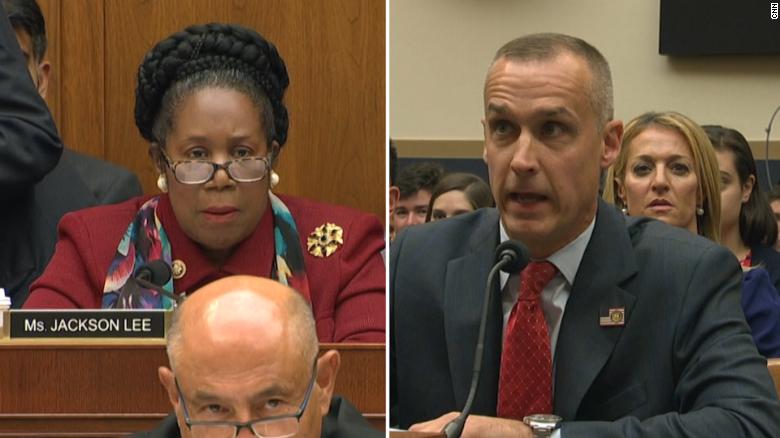 Dfat says Interpol red notice for arrest of Veronica Koman is a matter for Australian federal police
Dfat says Interpol red notice for arrest of Veronica Koman is a matter for Australian federal police
The Australian government has refused to rule out handing over a Sydney-based lawyer who advocates for West Papuans to Indonesian authorities.
Veronica Koman, an Indonesian human rights lawyer who currently lives in Australia, is being pursued by Indonesian police for disseminating evidence of police- and military-backed violence in
West Papua.
Koman has been a credible source of eyewitness accounts, photos and footage of protests that have swept across West Papua and other Indonesian provinces in recent weeks.
Several people have reportedly died and dozens of others injured in violent clashes with Indonesian police, military and military-backed militia, which were sparked by the racist abuse of Papuan students in Java but have morphed into a demand for a referendum on West Papuan independence.
Koman faces charges under the country’s controversial electronic information and transactions law, and faces up to six years in jail if found guilty.
East Java police spokesman Frans Barung Mangera told the Guardian that if Koman did not report to Indonesian authorities by 18 September, a red notice would be issued through Interpol for her arrest. “After that we will work with the international police,” he said.
When asked whether the
Australian federal police would act on an Interpol red notice for the arrest of Koman, a spokesperson for the Department of Foreign Affairs and Trade said it was a matter for the AFP. A spokesperson for the AFP said: “Any questions regarding this matter should be directed to Indonesian authorities.”
Koman said in a statement that there was a “surprisingly wide [Indonesian] government campaign to pressure me into silence”, including police intimidation of her family in Jakarta and threats to revoke her Indonesian passport and block her bank accounts.
“For years, the Indonesian government has allocated more time and energy to waging a propaganda war than it has to investigating and ending human rights abuses in West Papua,” she said. “Now we are seeing a clear example of ‘shoot the messenger’ in the state’s effort to persecute those, including me, who draw attention to abuses it is unwilling or unable to address.”
The Interpol “red notice” system – ostensibly used to “seek the location and arrest of wanted persons wanted for prosecution or to serve a sentence” – is regularly abused by authoritarian governments to pursue dissidents or political opponents who have left the country’s territory.
Globally, there are about 58,000 current valid red notices, of which only about 7,000 are public.
Article 3 of Interpol’s constitution forbids Interpol from undertaking “any intervention or activities of a political, military, religious or racial character”.
Indonesia issued a red notice for West Papuan independence leader Benny Wenda in 2011 but was forced to rescind it in 2012 after it was found to be politically motivated, and without genuine criminal basis.
Australia has detained at least one person on the basis of a flawed red notice.
Egypt issued a red notice for its national Sayed Abdellatif, who arrived in Australia by boat as an asylum seeker in 2012.
A Guardian investigation revealed that several charges listed against his name had never been brought against him at his trial-in-absentia and that other convictions were based on evidence obtained “under severe torture”. The Australian government had known for 18 months the red notice was invalid but had not acted to release him.
Abdellatif’s family members received visas and were released into the community. But he remains in high security at Sydney’s Villawood detention centre after more than seven years, despite recommendations from the United Nations human rights council that he be released and compensated for his “clearly disproportionate … deprivation of liberty”.
Fair Trials took up Abdellatif’s case, campaigning for the red notice to be withdrawn, and it was finally removed in 2018.
On Monday, a group of UN human rights experts issued a statement calling on Indonesia to protect the rights of Koman and others reporting on the West Papua protests.
“We call for immediate measures to ensure the protection of freedom of expression and address acts of harassment, intimidation, interference, undue restriction and threats against those reporting on the protests,” the experts said.












/https://public-media.si-cdn.com/filer/46/53/4653cc98-f5c1-490f-bf3a-9685b21e6dec/granger_0087413_highres.jpg)





